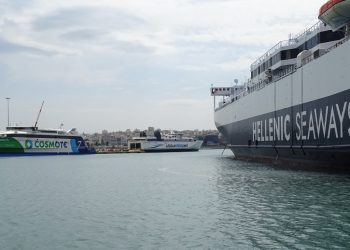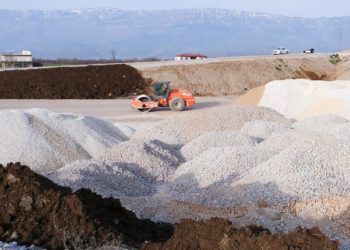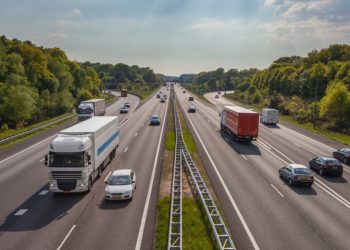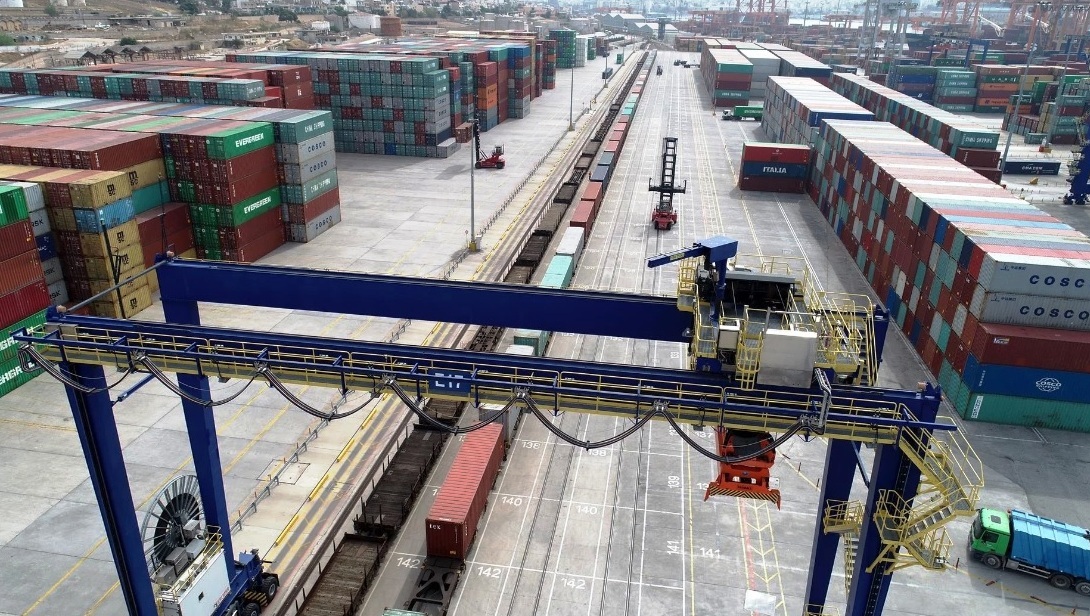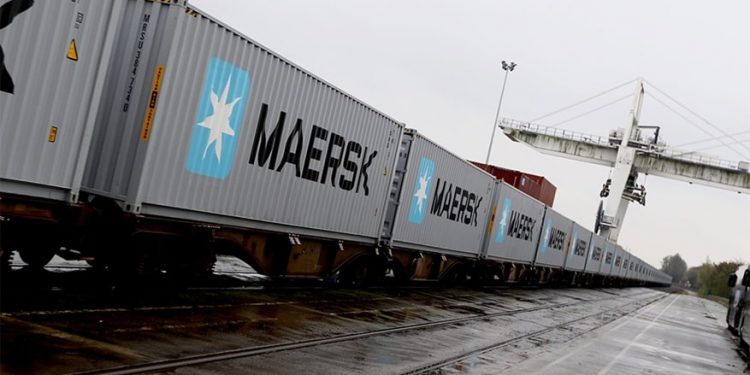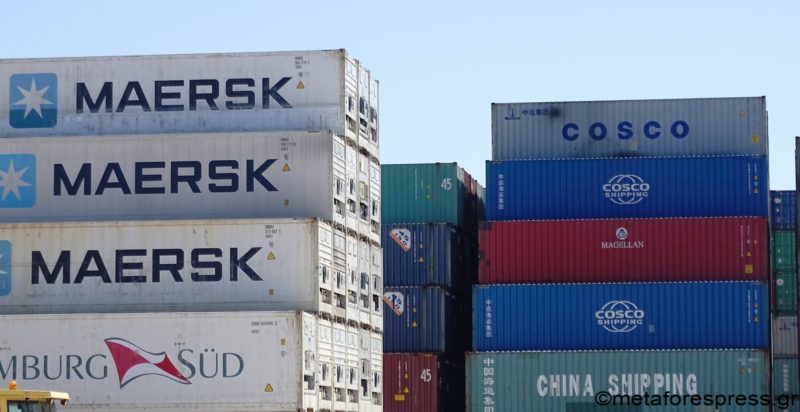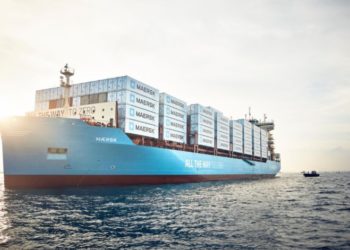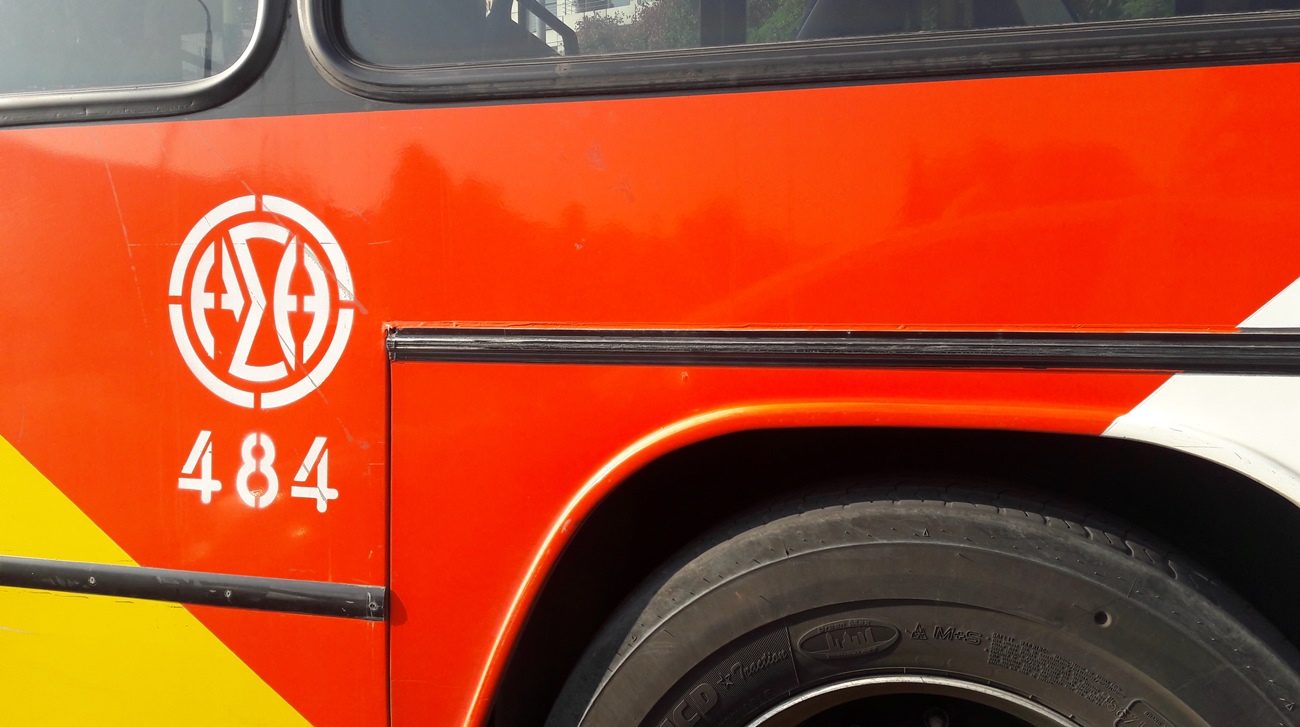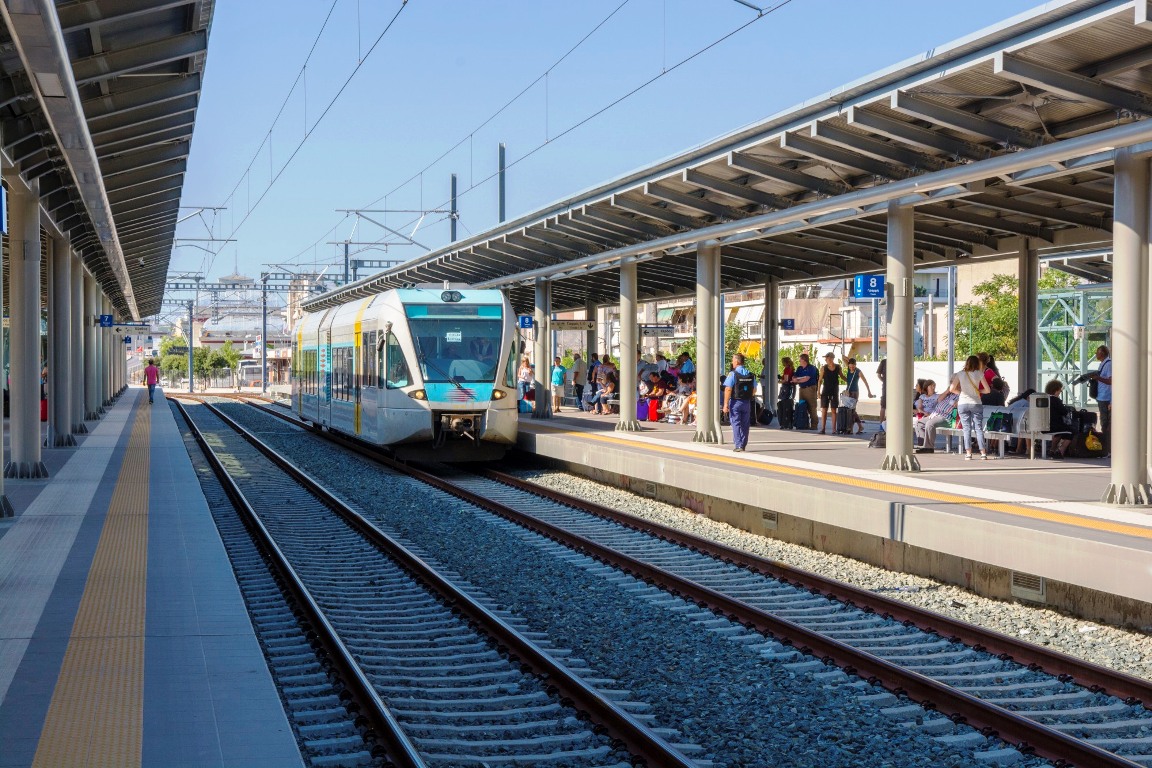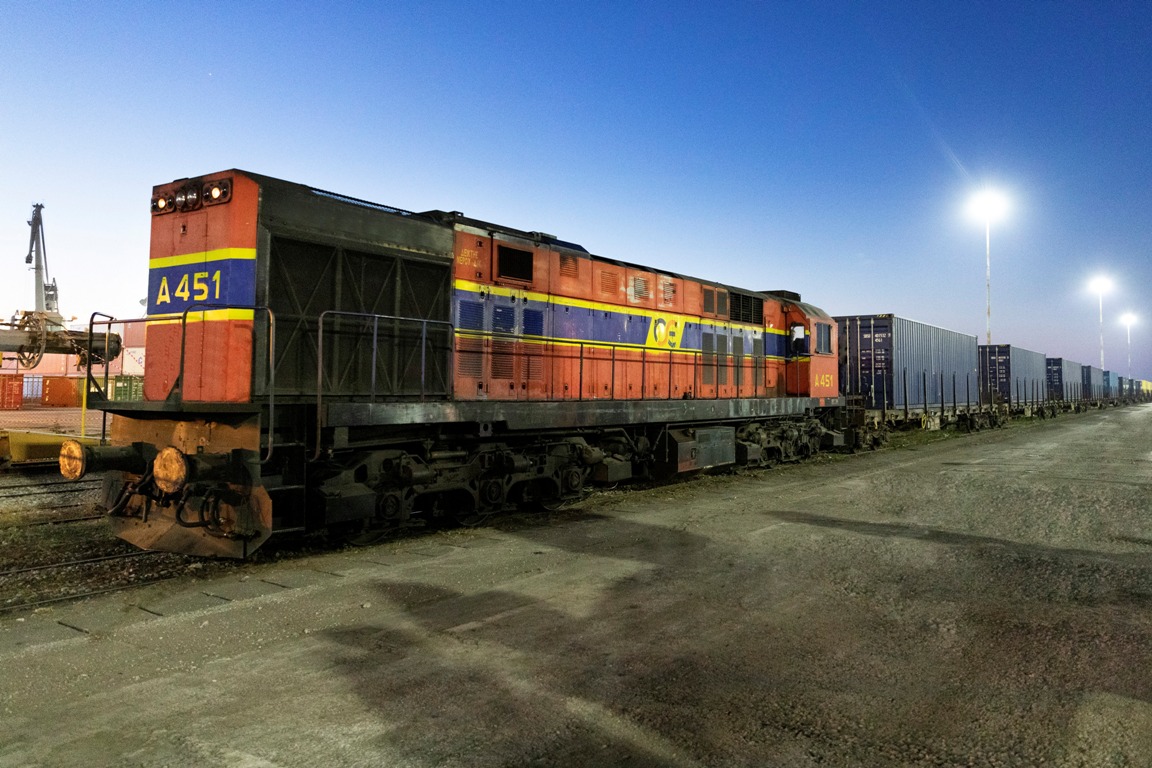Maersk and its partners Renfe and Cepsa will carry out the first test in Spain with second-generation bio-fuels in the railway sector making the corridor between Algeciras and Madrid a decarbonized route for its customers. The partners will use renewable diesel fuel on the non-electrified section between Algeciras and Cordoba and renewable electricity on the route from there to the capital.
The project will begin in early July and will last for three months. The Spanish company Cepsa will supply 160 tons of second-generation bio-fuel, produced at its La Rábida Energy Park (Huelva) from used cooking oils, to cover a total of five weekly roundtrips. Renewable diesel will replace conventional diesel in the Renfe locomotives that Maersk uses to transport its customers’ goods from Algeciras to Cordoba. In Cordoba, they will continue the route to Madrid on electric trains powered by renewable energy.
The renewable diesel will cover almost 40,000 kilometers and avoid the emission of more than 600 tons (estimated according to UNE-EN 16258:2013, Methodology for calculation and declaration of energy consumption and GHG emissions of transport services (freight and passengers)) of greenhouse gases. The pilot test will deliver technical, environmental and economic data to analyze the feasibility of using fuels with very low GHG emissions as an alternative to conventional diesel in rail transport on non-electrified lines, with the aim to offer the solution to other Maersk customers in the future.
The three companies are participating this week in the International Logistics Exhibition of Barcelona (SIL), the leading trade fair for logistics, transport, intralogistics and supply chain management in Southern Europe, which is bringing together representatives of more than 650 companies at the Fira Conference Center. Managers of Maersk, Renfe and Cepsa have presented this pioneering project promoting the decarbonization of the Algeciras-Madrid rail corridor.
(Maersk)

